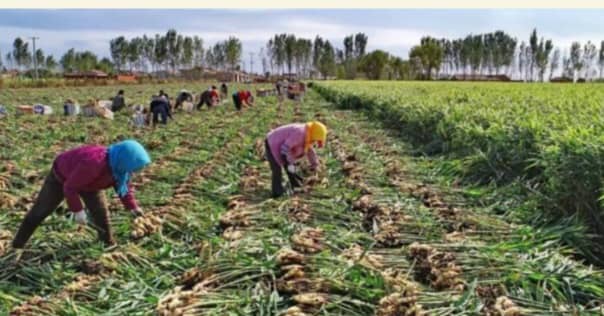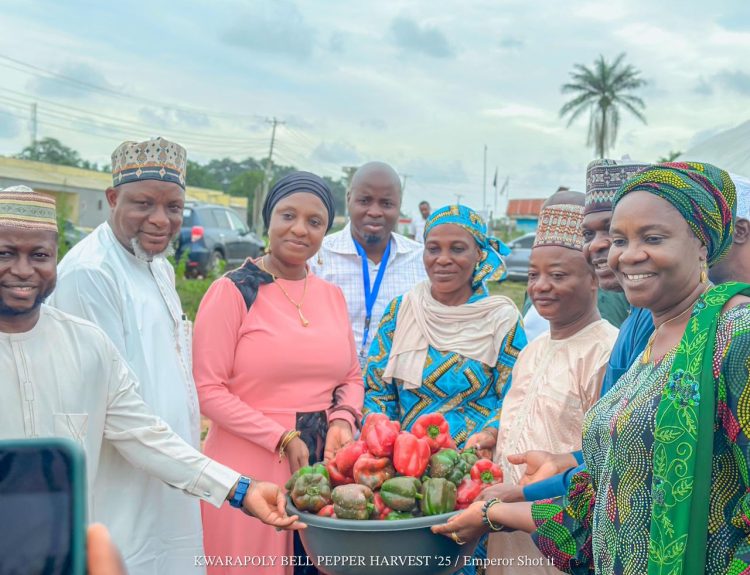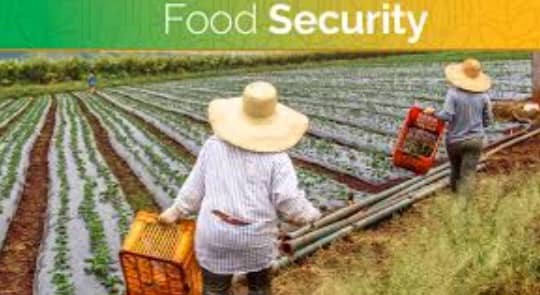Some ginger farmers in Bwari Area Council of the Federal Capital Territory (FCT) have raised concerns over their ability to participate in the 2025 planting season, citing a lack of seedlings and other critical inputs.
The farmers, who spoke to the News Agency of Nigeria (NAN) on Tuesday in Abuja, called for urgent intervention from the government and relevant stakeholders to address the situation.
According to them, the challenge stems from a devastating fungal disease that hit ginger farms in 2023, causing widespread damage and a sharp decline in production.
The Federal Government has since estimated the losses suffered by farmers at over N12 billion as of 2024, with many still struggling to recover.
Mr. Philip Akuso, a ginger farmer in Bwari, said the chances of getting a good harvest if ginger is planted this season are uncertain, describing it as a 50-50 situation.
He explained that many farmers still lack access to quality seedlings due to the devastating fungal disease that affected farms in the previous season.
This, he noted, has made it difficult to achieve healthy yields and has significantly affected supply.
“Since the 2023 incident, there has been a scarcity of ginger in the market, and the price has continued to skyrocket,” Akuso said.
He revealed that the inability to access healthy seedlings has not only impacted harvests but also contributed to a surge in market prices.
“As of December 2024, a bag of ginger was sold for N350,000, but earlier this year, prices ranged between N650,000 and N800,000 at some point. It has now come down slightly to about N700,000,” he added.
Akuso called on the government to expedite research and find a lasting solution to address the crisis and salvage the situation.
Similarly, Mr. Somo Yakubu, another farmer in Bwari, shared that he was fortunate to save two bags from the previous year’s harvest, hoping to use them for the upcoming planting season.
He noted that most farmers in Kawu-Bwari, where he resides, were also lucky with their 2024 harvest as the disease did not strike early, allowing their crops to mature almost completely before the attack.
“There was no remedy of any sort; it was just the grace of God. It’s a necessary risk to take, who knows, we might get lucky again this year,” Yakubu said.
He appealed to relevant stakeholders to address the insecurity and help improve conditions for farmers.














